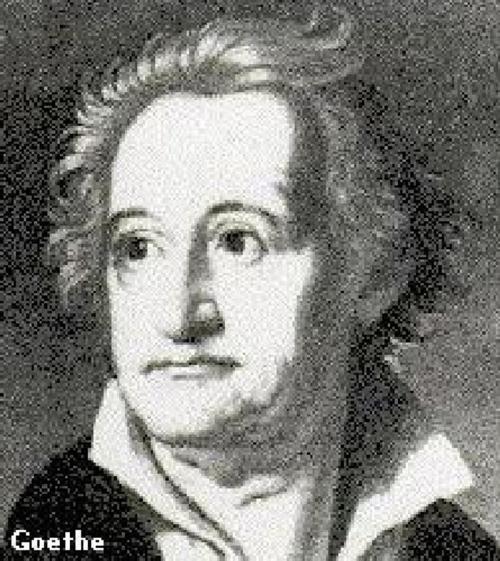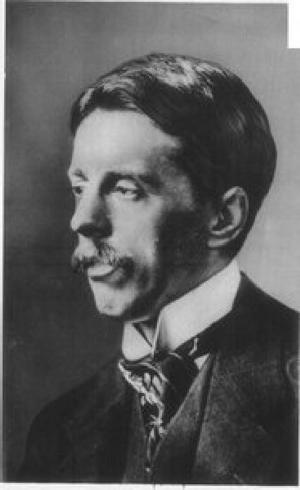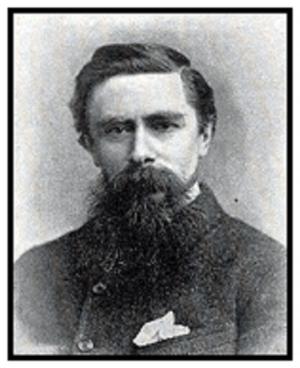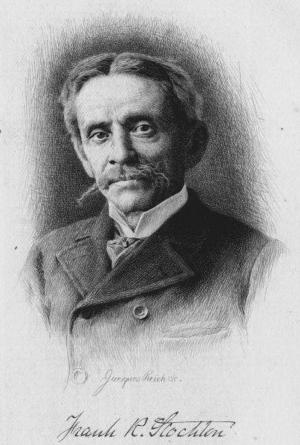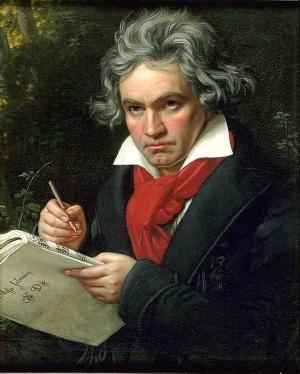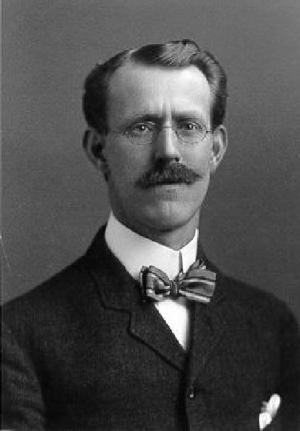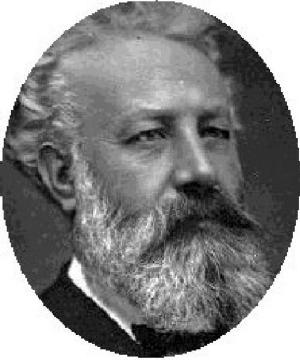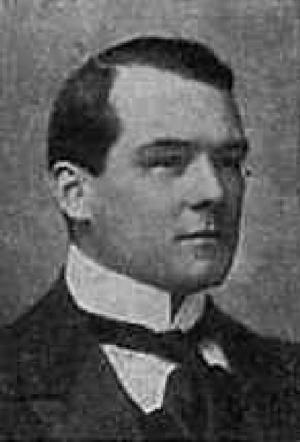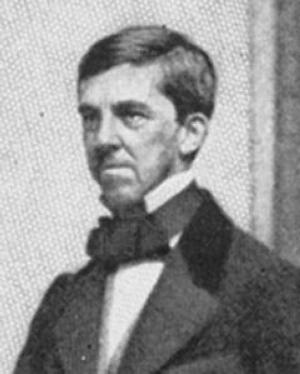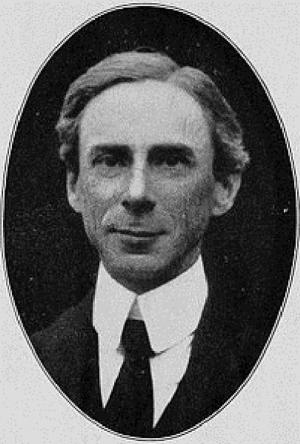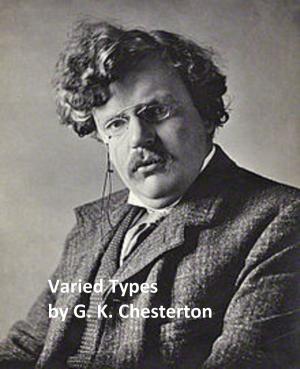| Author: | Johann Wolfgang Goethe | ISBN: | 9781455429462 |
| Publisher: | B&R Samizdat Express | Publication: | December 15, 2009 |
| Imprint: | Language: | German |
| Author: | Johann Wolfgang Goethe |
| ISBN: | 9781455429462 |
| Publisher: | B&R Samizdat Express |
| Publication: | December 15, 2009 |
| Imprint: | |
| Language: | German |
Hermann und Dorothea, Reineke Fuchs, Romische Elegien, Venetianische Epigramme, und West-Ostlicher Divan. Wikipedia: "Johann Wolfgang von Goethe (* 28. August 1749 in Frankfurt am Main; 22. März 1832 in Weimar), geadelt 1782, war ein deutscher Dichter. Er forschte und publizierte außerdem auf verschiedenen naturwissenschaftlichen Gebieten. Ab 1776 bekleidete er am Hof von Weimar unterschiedliche politische und administrative Ämter. Goethes literarische Produktion umfasst Gedichte, Dramen, erzählende Werke (in Vers und Prosa), autobiografische, ästhetische, kunst- und literaturtheoretische sowie naturwissenschaftliche Schriften. Auch sein umfangreicher Briefwechsel ist von großer literarischer Bedeutung. Goethe war ein Vorreiter und der wichtigste Vertreter des Sturm und Drang. Sein Roman Die Leiden des jungen Werthers machte ihn 1774 in ganz Europa berühmt. Später wandte er sich inhaltlich und formal den Idealen der Antike zu und wurde ab den 1790er Jahren, gemeinsam mit Friedrich Schiller und im Austausch mit diesem, zum wichtigsten Vertreter der Weimarer Klassik. Im Alter galt Goethe auch im Ausland als Repräsentant des geistigen Deutschland."
Hermann und Dorothea, Reineke Fuchs, Romische Elegien, Venetianische Epigramme, und West-Ostlicher Divan. Wikipedia: "Johann Wolfgang von Goethe (* 28. August 1749 in Frankfurt am Main; 22. März 1832 in Weimar), geadelt 1782, war ein deutscher Dichter. Er forschte und publizierte außerdem auf verschiedenen naturwissenschaftlichen Gebieten. Ab 1776 bekleidete er am Hof von Weimar unterschiedliche politische und administrative Ämter. Goethes literarische Produktion umfasst Gedichte, Dramen, erzählende Werke (in Vers und Prosa), autobiografische, ästhetische, kunst- und literaturtheoretische sowie naturwissenschaftliche Schriften. Auch sein umfangreicher Briefwechsel ist von großer literarischer Bedeutung. Goethe war ein Vorreiter und der wichtigste Vertreter des Sturm und Drang. Sein Roman Die Leiden des jungen Werthers machte ihn 1774 in ganz Europa berühmt. Später wandte er sich inhaltlich und formal den Idealen der Antike zu und wurde ab den 1790er Jahren, gemeinsam mit Friedrich Schiller und im Austausch mit diesem, zum wichtigsten Vertreter der Weimarer Klassik. Im Alter galt Goethe auch im Ausland als Repräsentant des geistigen Deutschland."
